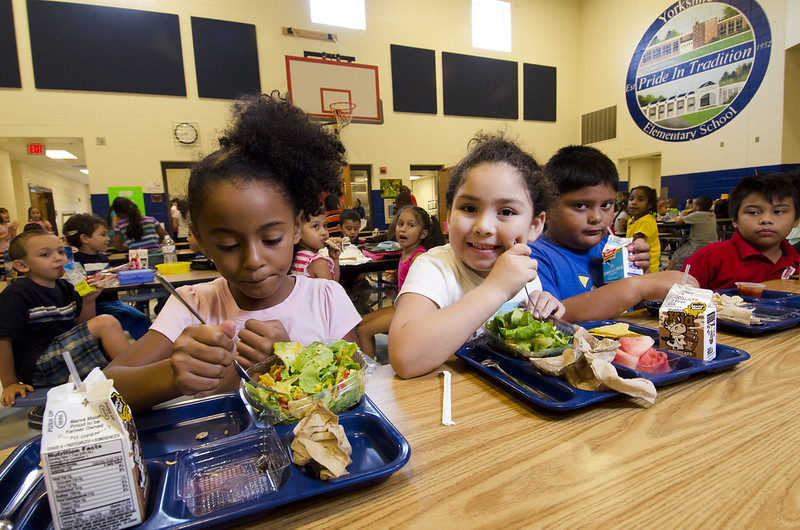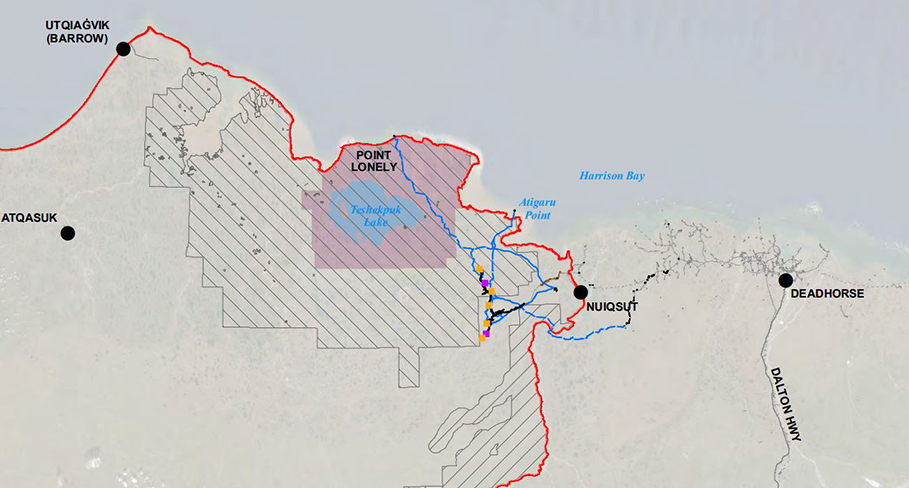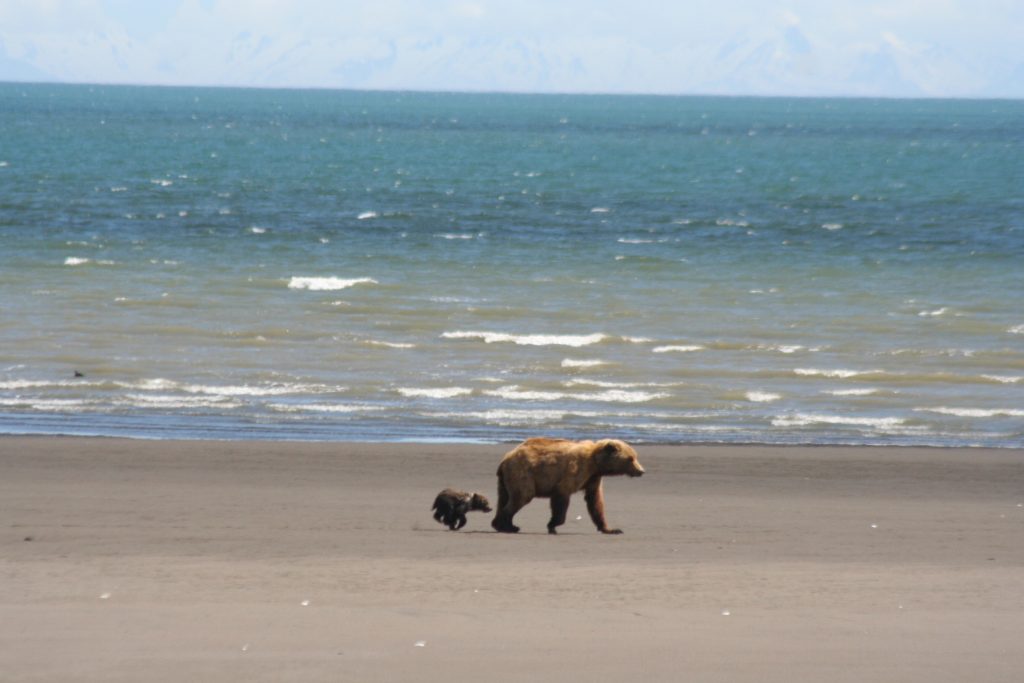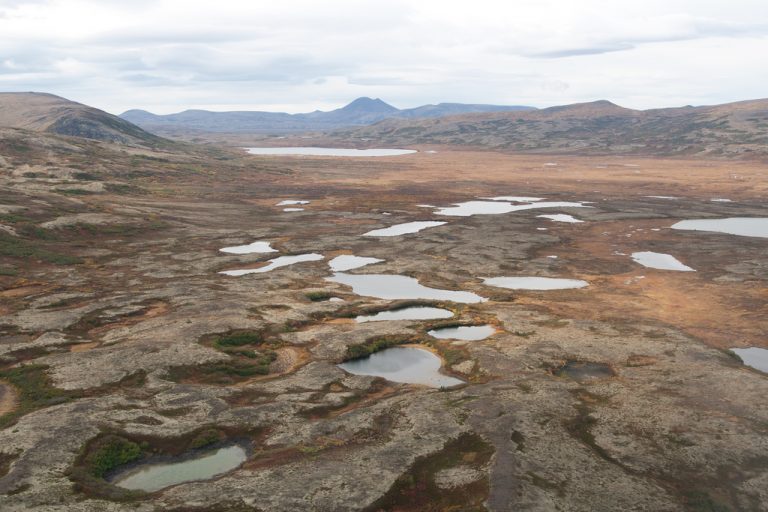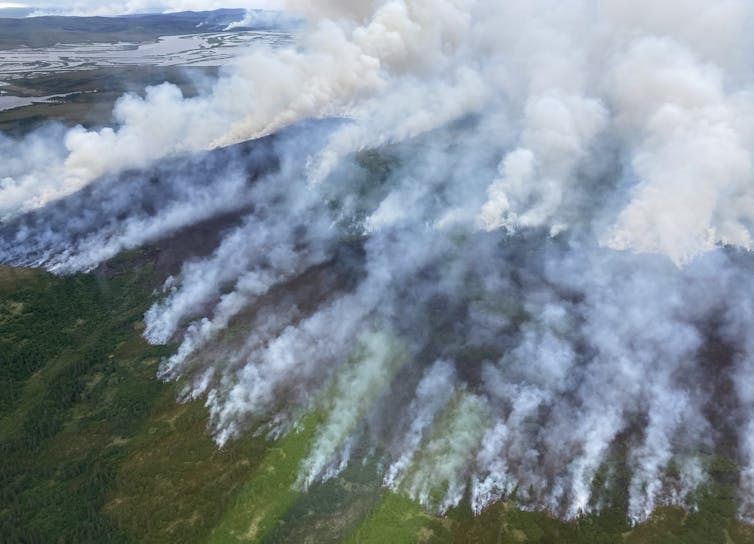“Voters understand that raising the minimum wage is the right thing to do, even if their elected officials in state legislatures and Washington, D.C. remain inactive.”
By Jake Johnson. Published 7-24-2024 by Common Dreams

Former U.S. President Barack Obama had been in office for just over six months when the federal minimum wage was raised to a paltry $7.25 an hour—where it remains today, 15 years later.
Wednesday marked exactly a decade and a half since the federal wage floor was last lifted, an occasion that advocates used to tout state-level pay hikes and make the case for a long-overdue national increase, particularly as the nation’s billionaires and corporations do better than ever.
Continue reading



